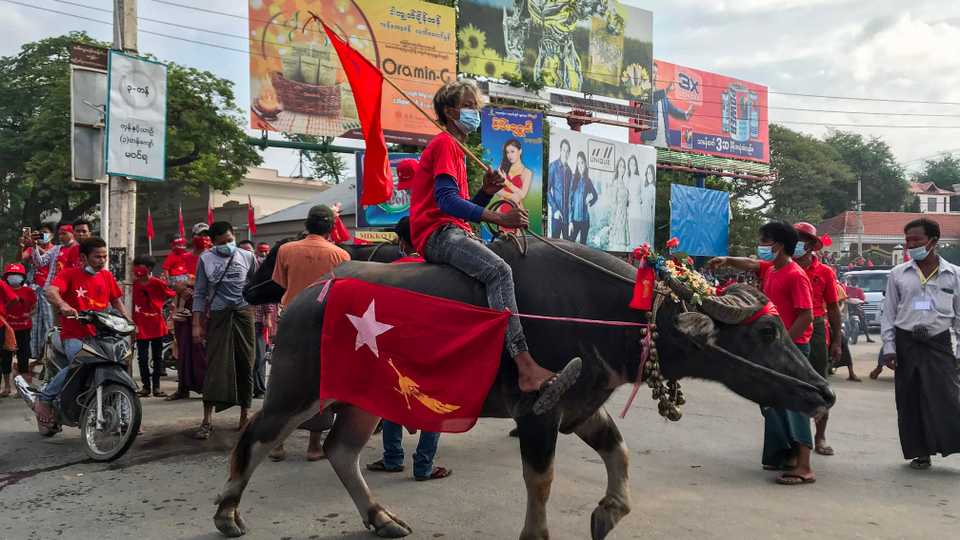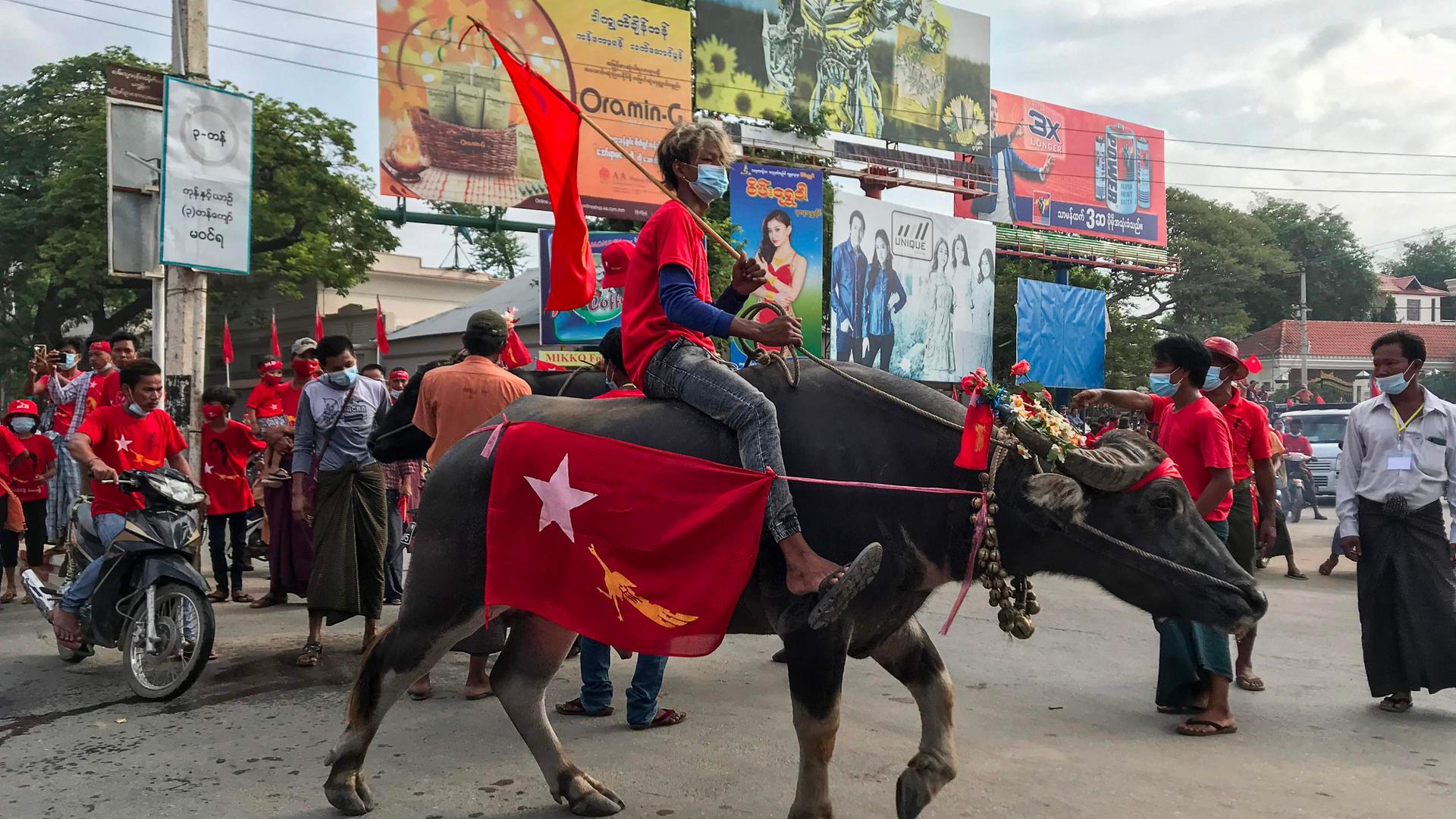
More than 1.1 million voters in Myanmar’s western Rakhine state will be disenfranchised in upcoming national polls, according to data released by the election commission, a move experts have warned could fuel yet more conflict.
Civilian leader Aung San Suu Kyi’s National League for Democracy (NLD) is widely expected to return to power in the November 8 election, only the second since the country emerged from outright military rule.
But with virtually all Rohingya Muslims stripped of citizenship and voting rights, many observers had already dismissed the polls as lacking credibility.
On Friday, the election commission said security reasons meant voting would not take place in areas with hundreds of thousands more people, including more than 800,000 in Rakhine.
Over half of the 600,000 Rohingya remaining in Myanmar live in Rakhine, bringing the total number of disenfranchised in the state to more than 1.1 million, nearly two thirds of the state’s population.
“Those particular areas can not guarantee conditions to hold free and fair elections and that is why the election is cancelled,” read the announcement posted Friday evening.
One million more stateless Rohingya languish in refugee camps in Bangladesh.
READ MORE: Myanmar must lift repressive laws – Amnesty International
Years-long fighting
Arakan Army (AA) militants are locked in battle with the military in Rakhine’s northern fringes as they fight for more autonomy for ethnic Rakhine Buddhists.
The unrest has killed or injured hundreds and forced 150,000 from their homes since the civil war intensified in late 2018.
But the ethnic Rakhine Arakan National Party (ANP) secretary Tun Aung Kyaw said the decision to cancel the vote had been taken for political rather than security reasons.
“Most townships in Rakhine state where elections will not be held are areas the ANP would definitely win, so this is a deliberate ploy,” he told AFP, adding it was “discrimination” against ethnic minorities.
The move could have a “huge impact on the political dynamics of Rakhine,” warned Sai Ye Kyaw Swar Myint, executive director of monitoring organisation the People’s Alliance for Credible Elections.
Yangon-based analyst Richard Horsey agreed this would likely tilt the election in Rakhine decisively in favour of Suu Kyi’s NLD.
“There is a very serious risk that this will provoke increased armed conflict and political violence in Rakhine,” he said.
This week three NLD candidates were abducted by unknown gunmen in Rakhine with many suspecting the AA’s involvement.
READ MORE: Six things to know about the conflict in Myanmar’s Rakhine state
‘Genocidal intent’
More than one million Rohingya have fled Myanmar, the vast majority following a military crackdown in Myanmar in 2017 that the United Nations has said was executed with genocidal intent.
The Myanmar authorities deny genocide, saying it was a legitimate response to attacks by Rohingya militants.
More than one million live in sprawling camps in the south of Bangladesh, with as many as a dozen people sharing one shelter and scarce access to soap and water in some areas.
The Covid-19 pandemic has worsened living conditions, made access to services even more challenging, increased the risk of sexual and gender-based violence, and exacerbated the risk of infectious diseases for displaced Rohingya, a joint statement by US, EU, UK and UN said before an international donor conference on October 15.










Discussion about this post